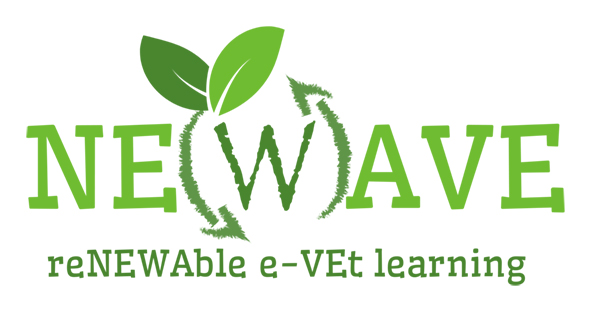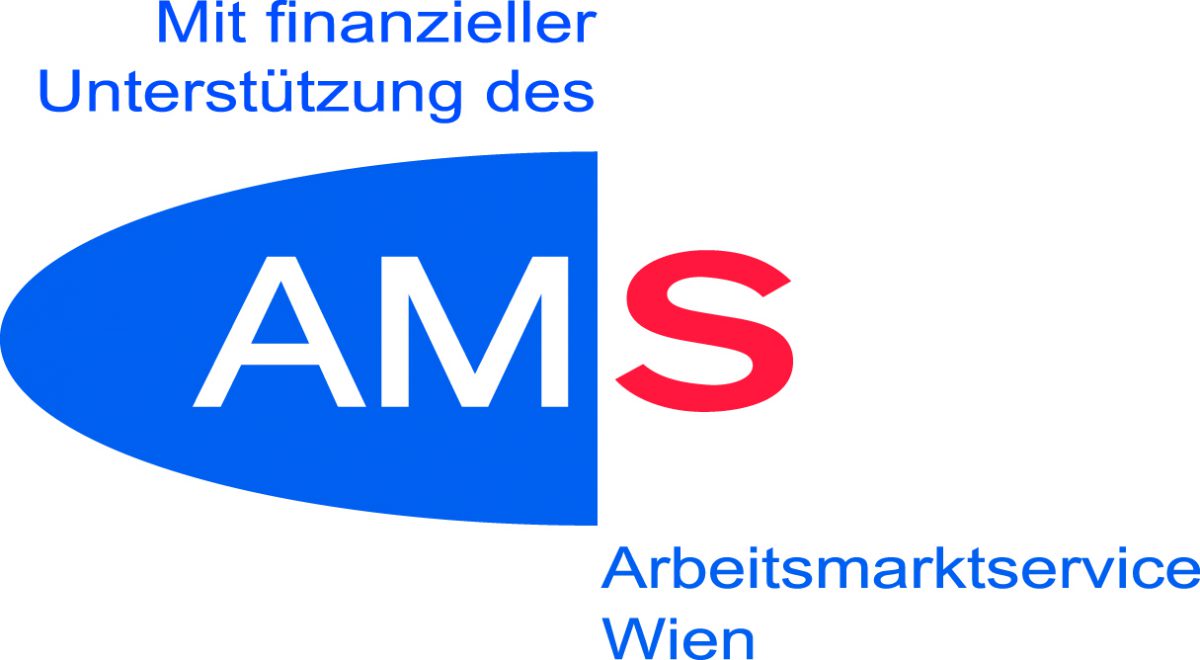Inklusion und Nachhaltigkeit mit Erasmus+
15.10.2020 – 15:00 – 18:00 Uhr
Europahaus Wien, Linzer Strasse 429, 1140 Wien
 Bei dieser informellen Veranstaltung werden TrainerInnen und Programmverantwortliche in der Erwachsenen- und Berufsbildung Ergebnisse und Erfahrungen aus Erasmus+ Projekten von die Berater, ipcenter.at und ÖJAB präsentiert.
Bei dieser informellen Veranstaltung werden TrainerInnen und Programmverantwortliche in der Erwachsenen- und Berufsbildung Ergebnisse und Erfahrungen aus Erasmus+ Projekten von die Berater, ipcenter.at und ÖJAB präsentiert.
In den vorgestellten Projekten geht es um Integration benachteiligter Jugendlicher in den Arbeitsmarkt (COMPASS und Europe Through Young Eyes), Erfahrungsaustausch von TrainerInnen von EQF 1&2 KursteilnehmerInnen (EUpTrain) Kompetenzerfassung bei Menschen mit kognitiven Beeinträchtigungen und Lernschwierigkeiten (COOCOU), Karriereberatung von ArbeitnehmerInnen 55+ (SASSI Working On), Nachhaltigkeit durch CSR (Time for Society), Erkennen von Fake News (No Alternative Facts), die Förderung digitaler Skills von Erwachsenenbildnern (DIGIMEDIA) und die Entwicklung von Tools zur Messung/Förderung von digitalen Kenntnissen Jugendlicher (DIGISETS), sowie die Entwicklung eines neuen Bildungsangebotes im Bereich des biologischen Pflanzenschutzes für Landwirte die sich mit biologischer Landwirtschaft beschäftigen oder vorhaben dies zu tun (TOPPlant).
In diesem Projekt wird auch eine interaktive E-Learning Plattform entwickelt, um einer möglichst großen Anzahl von Interessierten Zugang zu den Lerninhalten zu ermöglichen.
Neben Kurzpräsentationen gibt es die Möglichkeit, Projektprodukte auszuprobieren, sich mit Projektverantwortlichen auszutauschen und natürlich Networking mit KollegInnen anderer Bildungseinrichtungen bei einem kleinen Buffet zu betreiben.
![]()

 The COVID-19 pandemic has brought ageism into the national debate. We’ve seen prominent journalists arguing that a ‘cull of the elderly’ could benefit the economy, sparking necessary debates about attitudes to older people. The horrifying situation in care homes, and the extremely difficult situation facing many older people who are self-isolating, has opened many people’s eyes to the ageism that is rife in our society.
The COVID-19 pandemic has brought ageism into the national debate. We’ve seen prominent journalists arguing that a ‘cull of the elderly’ could benefit the economy, sparking necessary debates about attitudes to older people. The horrifying situation in care homes, and the extremely difficult situation facing many older people who are self-isolating, has opened many people’s eyes to the ageism that is rife in our society.
 To address the urgent need to update renewable energy skills and competences, the NE(W)AVE project aimed to create, test and implement a comprehensive learning model for future professionals in the sector and to develop other tools to also support trainers in vocational education and training and promote their professional development.
To address the urgent need to update renewable energy skills and competences, the NE(W)AVE project aimed to create, test and implement a comprehensive learning model for future professionals in the sector and to develop other tools to also support trainers in vocational education and training and promote their professional development. The I-CARE project wants to address these important questions, and the first step to gaining a better understand of the context is to listen to the people directly involved.
The I-CARE project wants to address these important questions, and the first step to gaining a better understand of the context is to listen to the people directly involved. Das Projekt I-CARE möchte sich mit diesen wichtigen Fragen befassen, und der erste Schritt zu einem besseren Verständnis des Kontexts bestand darin, den direkt beteiligten Personen zuzuhören.
Das Projekt I-CARE möchte sich mit diesen wichtigen Fragen befassen, und der erste Schritt zu einem besseren Verständnis des Kontexts bestand darin, den direkt beteiligten Personen zuzuhören. e-VIVA stands for “Enhancing and Validating service related competences in Versatile learning environments in Western BAlkan Universities” (e-VIVA). Since November 2019 university partners have been busy with implementing meetings and training activities. A third international training course took place in Essen (DE) in the beginning of March 2020.
e-VIVA stands for “Enhancing and Validating service related competences in Versatile learning environments in Western BAlkan Universities” (e-VIVA). Since November 2019 university partners have been busy with implementing meetings and training activities. A third international training course took place in Essen (DE) in the beginning of March 2020.
 e-VIVA steht für “Enhancing and Validating service related competences in Versatile learning environments in Western BAlkan Universities” (e-VIVA).
e-VIVA steht für “Enhancing and Validating service related competences in Versatile learning environments in Western BAlkan Universities” (e-VIVA). Our EU-funded project COMMIT (“COMMunIcation campaign against exTremism and radicalisation”) helps to prevent young people (between 13 – 25) in 4 EU countries from extremism, radicalism and terrorism, providing them with skills relevant to co-create counter narratives challenging extremist online propaganda and alternative narratives through promoting democratic values, tolerance and cooperation.
Our EU-funded project COMMIT (“COMMunIcation campaign against exTremism and radicalisation”) helps to prevent young people (between 13 – 25) in 4 EU countries from extremism, radicalism and terrorism, providing them with skills relevant to co-create counter narratives challenging extremist online propaganda and alternative narratives through promoting democratic values, tolerance and cooperation. We invite you to participate in the IX annual Conference “Forest ecosystems in the conditions of Climate Change”, which will be held remotely on the Zoom platform. Read all about it in
We invite you to participate in the IX annual Conference “Forest ecosystems in the conditions of Climate Change”, which will be held remotely on the Zoom platform. Read all about it in  Unser EU-gefördertes Projekt COMMIT („COMMunIcation campaign against exTremism and radicalisation“) soll helfen, junge Menschen (zwischen 13 und 25 Jahren) in vier EU-Ländern vor Extremismus, Radikalismus und Terrorismus zu schützen. Im Laufe des Projekts sollen ihnen Fähigkeiten vermittelt werden, wie sie durch die Förderung demokratischer Werte, Toleranz und Zusammenarbeit sowie alternativer Erzählungen gegen extremistische Online-Propaganda vorgehen können. Das Projekt verfolgt einen medienübergreifenden Ansatz, der Online-Kampagnen und persönliche Aktivitäten (Workshops, Wettbewerbe, Veranstaltungen) kombiniert.
Unser EU-gefördertes Projekt COMMIT („COMMunIcation campaign against exTremism and radicalisation“) soll helfen, junge Menschen (zwischen 13 und 25 Jahren) in vier EU-Ländern vor Extremismus, Radikalismus und Terrorismus zu schützen. Im Laufe des Projekts sollen ihnen Fähigkeiten vermittelt werden, wie sie durch die Förderung demokratischer Werte, Toleranz und Zusammenarbeit sowie alternativer Erzählungen gegen extremistische Online-Propaganda vorgehen können. Das Projekt verfolgt einen medienübergreifenden Ansatz, der Online-Kampagnen und persönliche Aktivitäten (Workshops, Wettbewerbe, Veranstaltungen) kombiniert.
